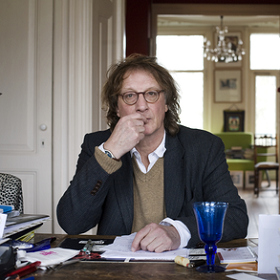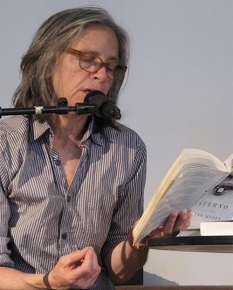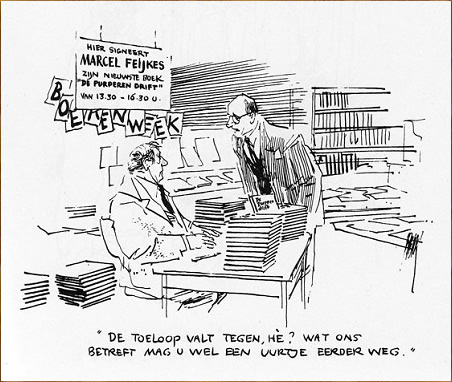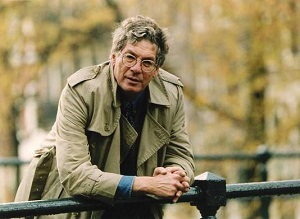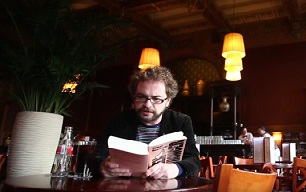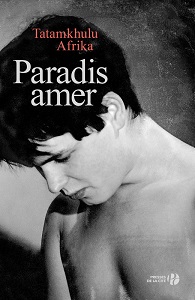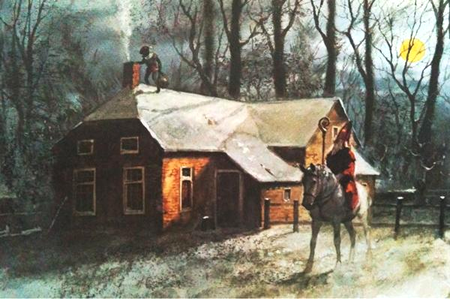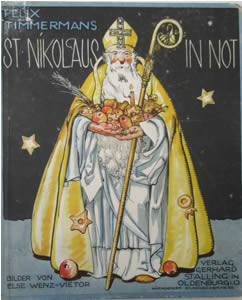De Braziliaanse schrijfster Clarice Lispector werd geboren op 10 december 1925 in Podolia (Oekraïne). Zie ook alle tags voor Clarice Lispector op dit blog.
Uit: Why This World (Biografie door Benjamin Moser)
“In 1946, the young Brazilian writer Clarice Lispector was returning from Rio de Janeiro to Italy, where her husband was vice consul in Naples. She had traveled home as a diplomatic courier, carrying dispatches to the Brazilian Ministry of Foreign Relations, but with the usual routes between Europe and South America disrupted by the war, her journey to rejoin her husband followed an unconven-
tional itinerary. From Rio she flew to Natal, on the northeastern tip of Brazil, then onward to the British base at Ascension Island in the South Atlantic, to the American air station in Liberia, to the French bases in Rabat and Casablanca, and then via Cairo and Athens to Rome.
Before each leg of the trip, she had a few hours, or days, to look around. In Cairo, the Brazilian consul and his wife invited her to a cabaret, where they were amazed to see the exotic belly dance performed to the familiar strains of a hit of Rio’s 1937 Carnival, Carmen Miranda’s “I Want Mommy.”
Egypt itself failed to impress her, she wrote a friend back in Rio de Janeiro.
“I saw the pyramids, the Sphinx–a Mohammedan read my palm in the `desert sands’ and said I had a pure heart. . . . Speaking of sphinxes, pyramids, piasters, it’s all in horribly bad taste. It’s almost immodest to live in Cairo. The problem is trying to feel anything that hasn’t been accounted for by a guide.”1
Clarice Lispector never returned to Egypt. But many years later she recalled her brief sightseeing tour, when, in the “desert sands,” she stared down no one less than the Sphinx herself.
“I did not decipher her,” wrote the proud, beautiful Clarice. “But neither did she decipher me.”
By the time she died in 1977, Clarice Lispector was one of the mythical figures of Brazil, the Sphinx of Rio de Janeiro, a woman who fascinated her countrymen virtually from adolescence. “The sight of her was a shock,” the poet Ferreira Gullar remembered of their first meeting. “Her green almond eyes, her high cheekbones, she looked like a she-wolf, a fascinating wolf. . . . I thought that if I saw her again I would fall hopelessly in love with her.” “There were men who couldn’t forget me for ten years,” she admitted.”
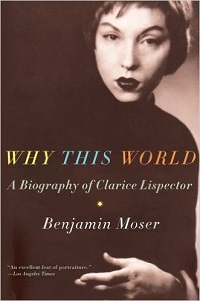
Clarice Lispector (10 december 1925 – 9 december 1977)

